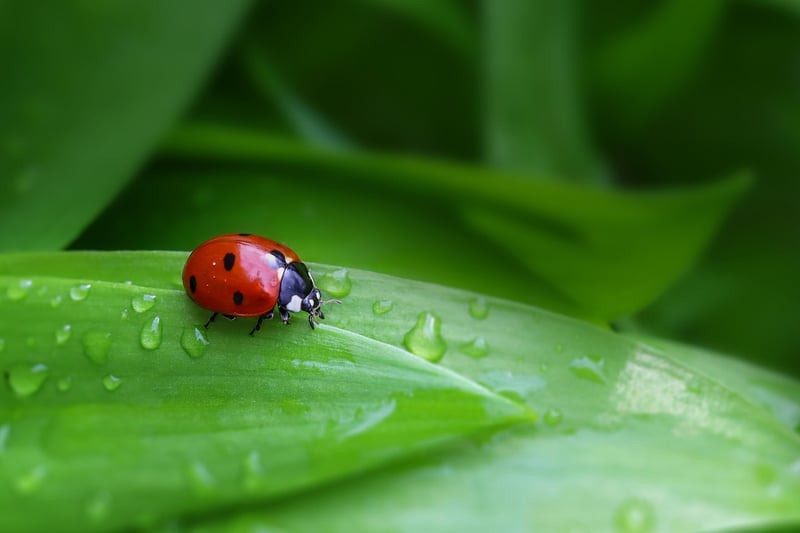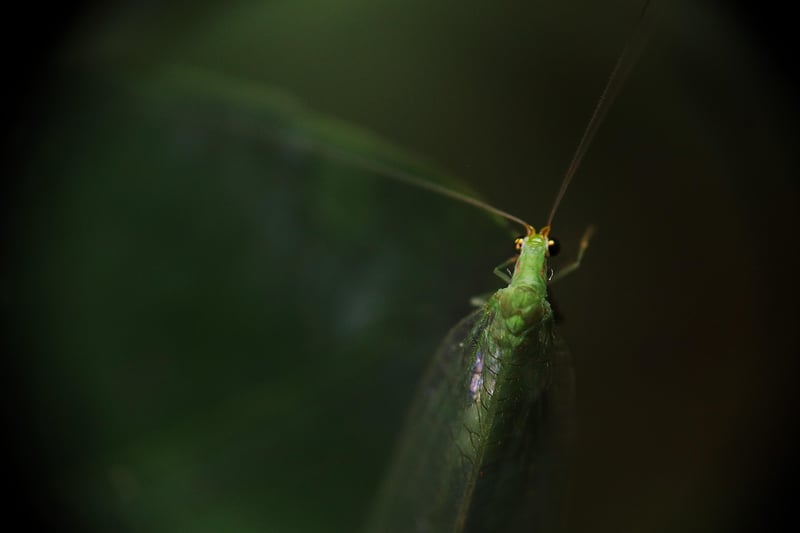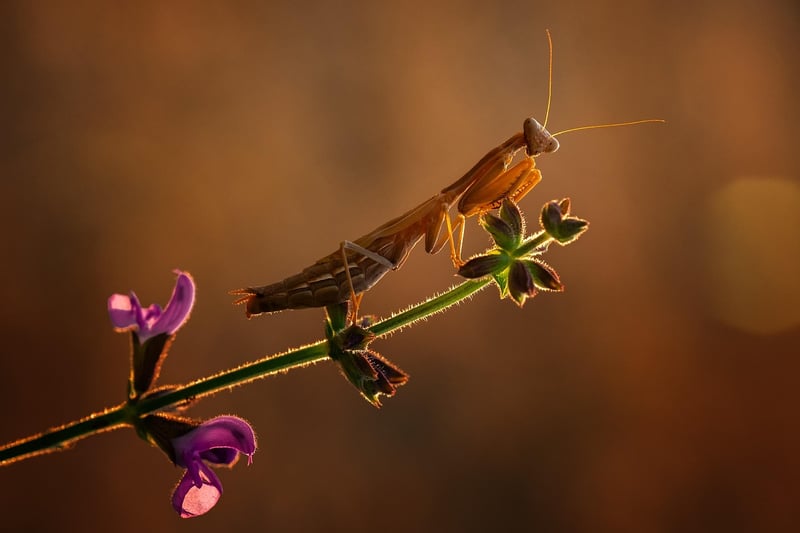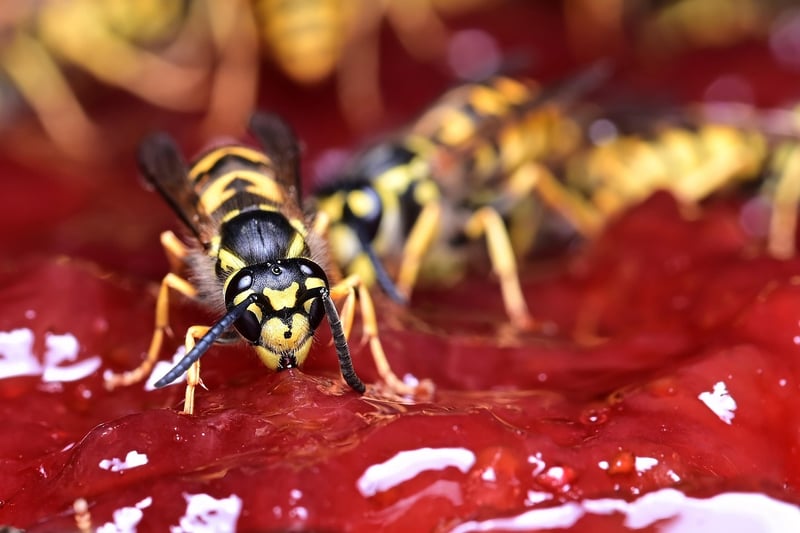Beneficial Insects
Managing Garden Pests and Beneficial Insects
Gardening is a rewarding hobby, but dealing with pests can be a real challenge. Instead of reaching for chemical pesticides, consider enlisting the help of beneficial insects to control garden pests naturally. Here's how you can manage garden pests effectively while promoting a healthy ecosystem in your garden.
Identifying Common Garden Pests
Before taking any action, it's crucial to identify the common pests in your garden. Some of the typical offenders include aphids, caterpillars, beetles, and mites. Keep an eye out for any signs of damage such as holes in leaves, sticky residues, or wilting plants.
Introducing Beneficial Insects
Beneficial insects are natural predators that feed on garden pests, helping to keep their populations in check. Ladybugs, lacewings, praying mantises, and parasitic wasps are examples of beneficial insects that can be introduced to your garden.
1. Ladybugs
Ladybugs are voracious eaters of aphids and other soft-bodied insects. Attract them to your garden by planting pollen and nectar-rich flowers such as dill, fennel, and yarrow.

2. Lacewings
Lacewing larvae are known for their appetite for aphids, mealybugs, and caterpillars. Create habitat for lacewings by providing dense vegetation and a source of pollen and nectar.

3. Praying Mantises
Praying mantises are skilled hunters that feed on a variety of garden pests. Encourage praying mantises in your garden by offering them a habitat with shrubs and tall grasses for shelter.

4. Parasitic Wasps
Parasitic wasps lay their eggs inside pest insects, eventually killing them. Plant nectar-rich flowers like dill, parsley, and yarrow to attract parasitic wasps to your garden.

Cultural Practices to Reduce Pests
Aside from introducing beneficial insects, practicing good garden hygiene can also help reduce pest populations. Remove any diseased plants, weeds, or debris that can harbor pests. Additionally, rotating crops and using row covers can prevent pest infestations.
Conclusion
By incorporating beneficial insects and adopting proper cultural practices, you can effectively manage garden pests without harming the environment. Embrace a natural approach to pest control and create a balanced ecosystem in your garden for a thriving and healthy plant life.
